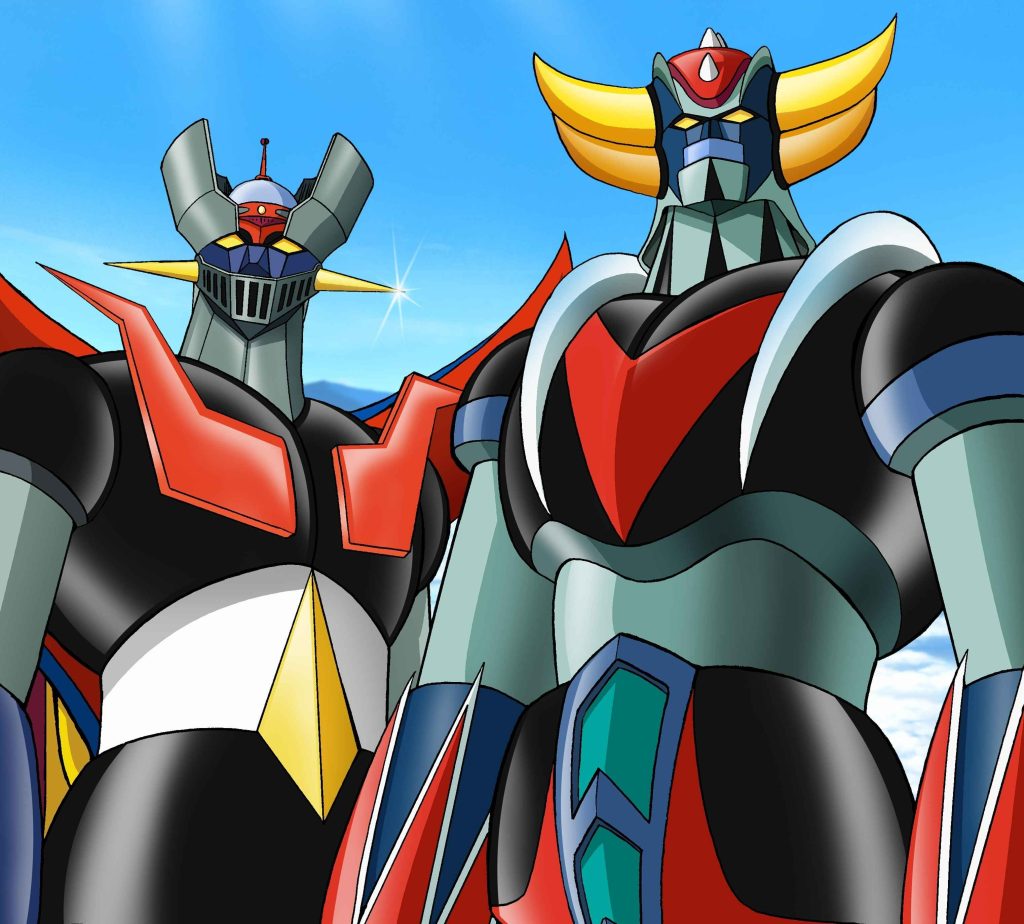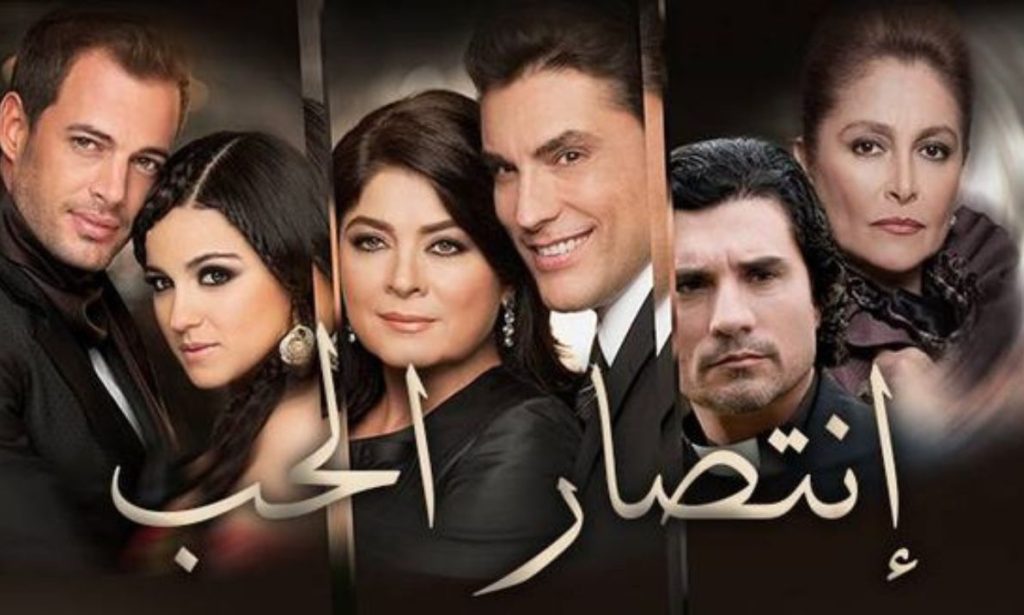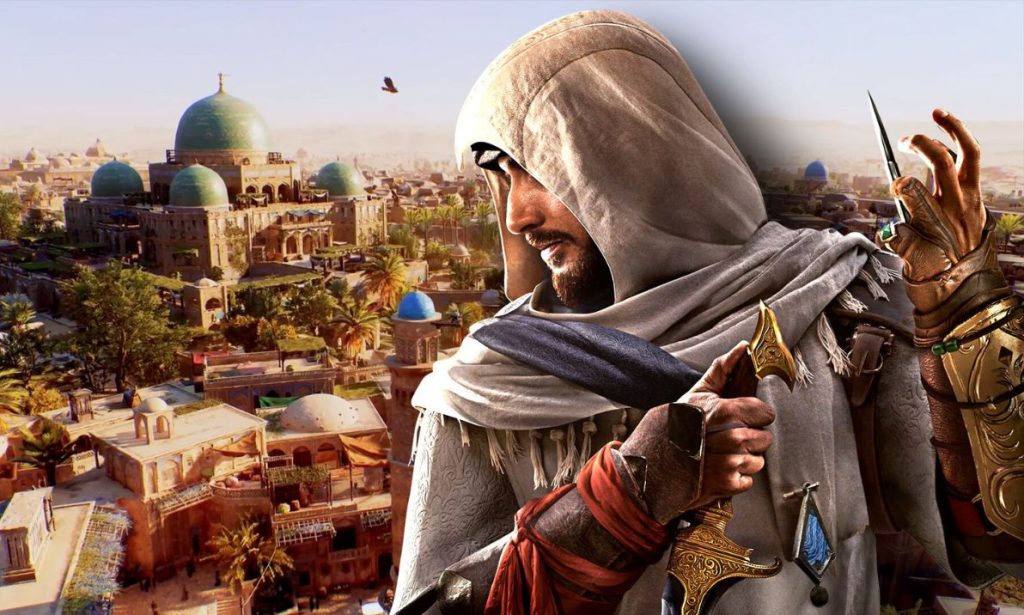Many of us 90s kids remember watching old-school Japanese Animes like Captain Tsubasa (Captain Majed) or Mazinger Z, with classical Arabic voiceovers, that at times caused ridicule by their over-the-top voice acting which was different from the colloquial Arabic we first learned.
Living in Italy and Colombia, I saw firsthand that almost everything on TV had been dubbed in each respective language, and even going to cinemas to watch the latest Hollywood movie, I had to seek out specific theaters that featured the original English audio.
My mother’s newfound obsession with Turkish soap operas was voiced in Syrian/Levantine dialects despite the fact that they went on for hundreds of episodes, countless hours. So why aren’t the two-hour movies that probably have a much wider appeal, what gives?
Was it the cringe factor of having Captain America sound like your neighborhood kiosk seller? Perhaps the voice dubbers here are missing key technology to make it happen? Or is having several Arabic language dialects a big pain for translators and the classical dialect too formal for movies?

Zeinab Mobarak, a voice actor and translator working in the field clarified that voice dubbers have both the talent and the means to produce quality work and have done so with a number of shows over the years so this is not the cause.
She said, “translating movies or series into Classical Arabic works well all over the Arab world, in a way that does not hinder the marketability of the product.”
However, in the case of Disney features many thought the Egyptian dialect to be funnier and the kids liked them prompting many successful petitions to change the official dialect of Disney’s works from Classical to Colloquial Egyptian.


Translators have no input on how to translate as the client, usually the international distributor, commissions the translation work and many believe that knowledge of English is widespread enough not to warrant voiceovers.
This was corroborated by Dr. Rasha Abdulla, a professor of Journalism and Mass Communication at the AUC, as she explained to me that producers are the ones who decide on the need for dubbing or not with translators accepting the jobs as they are.
“My guess though is that English is much more widely spoken in the Arab world than Turkish or Spanish, and so there might not be a large enough market. This is just a guess though!” Abdulla said.
Perhaps generations of Arabs reading subtitles have prompted producers who, at the end of the day care about the bottom line; thinking about the extra money, time, and effort needed for localization is simply not worth it.
However, as the Middle East is growing in influence and clout, more attention is now given to Arabic and a small example can be observed in the video gaming industry, which is arguably bigger than the cinema industry!
Syrian actor, Eyad Nassar is set to dub the voice of the protagonist of one of the biggest video game franchises Assasins Creed, in Arabic naturally, and the new FIFA soccer game is going to feature even more Arab teams and stadiums in its lineup with Arabic language localization.


So, will the next Avengers movie be voiced in Arabic? Perhaps we’re not there yet and some purists who prefer works in their original language would cringe at the concept, but one thing is for sure, the attention to Arabic language and its contemporary cultural impact is definitely on the rise.
WE SAID THIS: Don’t Miss…Here’s Why We Are So Obsessed With Turkish Series



